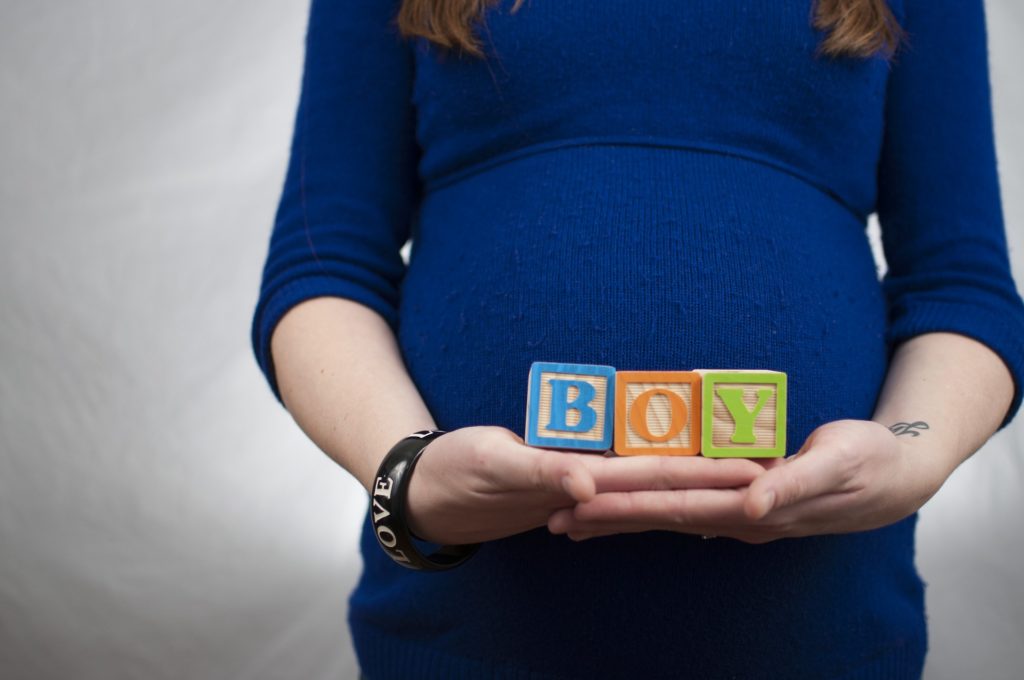
The Virgin Shall Conceive (The Dual Fulfillment of Isaiah 7:14)
Matthew records a promise that a virgin would conceive and bear a son (Matt 1:20-23). The original prophecy is found at Isaiah 7:14.
It seems to me that this is a “double fulfillment” prophecy—the words of Isaiah were fulfilled in his own day and they were fulfilled again in the days of Jesus.
Context of Isaiah 7
Syria and Israel came against Judah to wage war. Ahaz and the people of Judah are troubled: “And his heart was moved, and the heart of his people, as the trees of the wood are moved with the wind.”
Isaiah is to take his son and go to meet Ahaz. Isaiah is to tell Ahaz not to worry that these two armies have come up against him; God is going to take care of him. In fact, Ahaz is told to have faith: “If you are not firm in faith, you will not be firm at all.”
God tells Ahaz to pick a sign, any sign, that he may perform so that Ahaz will know for certain that God will destroy these two armies.
Ahaz, in mock “faith,” says, “I will not ask, neither will I tempt the LORD.” Remember Ahaz is a very evil king (2 Ki 16:2-4). The real reason Ahaz doesn’t want a sign is that he is seeking a military solution (2 Ki 16:5-9). Instead of responding to God in faith, Ahaz goes and finds himself “cahoots” with another evil king.
God says, “Okay, Ahaz. I’m going to give you a sign anyway”: “Therefore the Lord himself shall give you a sign; Behold, a virgin shall conceive, and bear a son, and shall call his name Immanuel. Butter and honey shall he eat, that he may know to refuse the evil, and choose the good. For before the child shall know to refuse the evil, and choose the good, the land that thou abhorrest shall be forsaken of both her kings.” God is promising Ahaz an immediate sign that he will not be defeated by his enemies. Ahaz’s enemies are going to be defeated before the child knows to refuse evil and choose the good. Very shortly, Judah will be victorious over Israel and Syria.
The Hebrew word for “virgin” can mean (1) An unmarried girl; (or) (2) A young woman of marriageable age, whether or not she has had intercourse. The Revised Standard Version translates Isaiah 7:14: “Therefore the Lord himself will give you a sign. Behold, a young woman shall conceive and bear a son, and shall call his name Immanuel.”
In fact, this could be translated, “Behold a young woman is with child and will bear a son.” The original prophecy concerns an issue of faith. Ahaz should have known that God was on his side and that God would give the victory. But he couldn’t get there in faith and God chastens him with a sign.
In its original context, this prophecy speaks about the need to take God at his word. Isaiah was sent with the word of the LORD to Ahaz to say that all would turn out well. But Ahaz refuses to accept the word of the LORD, but he seeks his own “solution.”
The Prophecy and Jesus
The second fulfillment in Matthew 2 also speaks of faith, but it’s a completely different faith. Joseph knows that a virgin simply cannot conceive a child; therefore, he plans to divorce Mary. The angel of the Lord appears to Joseph and says not to be concerned to take Mary for his wife; she has, in fact, conceived as a virgin. Joseph doesn’t question the word of the Lord. He acts obediently to the vision.
Joseph comes across as a great person of faith. He accepts and acts upon the word of God. How faithful are we to the word of God? Are we willing to believe and trust God, even when God doesn’t make sense?
This Bible class was originally taught by Dr. Justin Imel, Sr., at the Dale Ridge church of Christ in Roanoke, Virginia.





